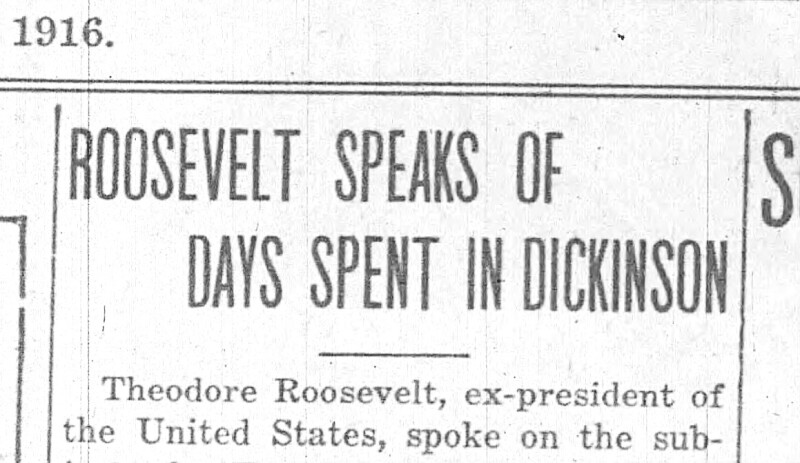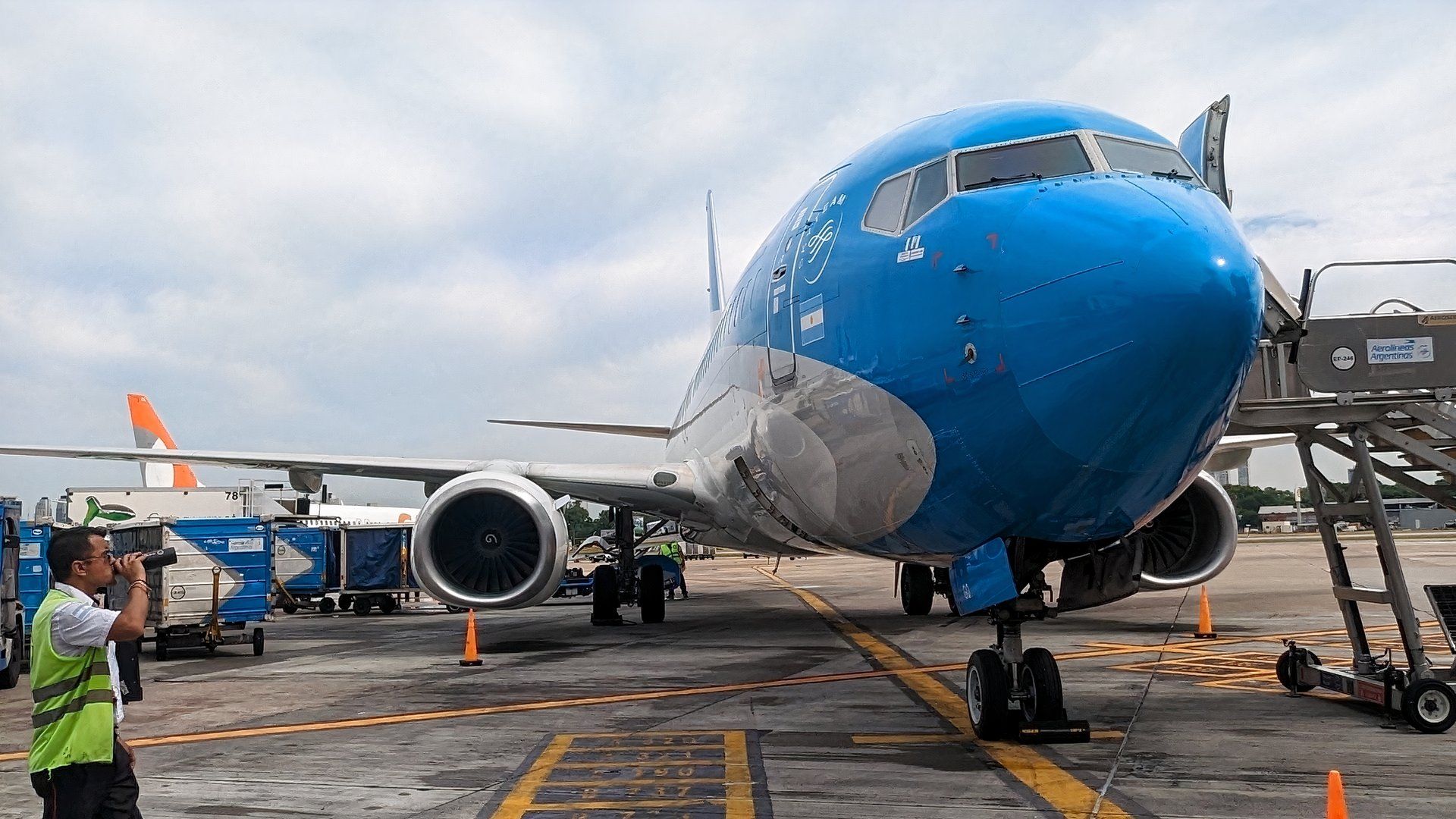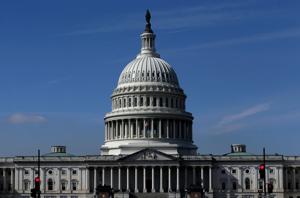UPDATE: A pivotal speech by Theodore Roosevelt delivered on February 5, 1916, has resurfaced, shedding urgent light on his views regarding military readiness and international cooperation. This address, originally recapped in The Dickinson Press, emphasizes the pressing need for a robust military and a global league for peace amid the ongoing turmoil of World War I.
In his speech at the Brooklyn Institute of Arts, Roosevelt passionately advocated for a mobile army of 150,000 and a total military force of around 250,000 troops. He argued that America must prepare “in good earnest” to avert the disgrace of war, warning against passive neutrality that could leave the nation vulnerable.
Roosevelt recounted his days as a deputy sheriff in North Dakota, drawing parallels between his experiences in the “cow country” and the need for decisive action in foreign policy. He stated, “The policy of speaking softly and carrying a big stick is in the long run infinitely safer than the policy of indulging in irrelevant noise and brandishing an olive branch.” His remarks are especially timely as global tensions continue to escalate.
The former president also highlighted the importance of prioritizing human rights over property rights, urging Americans to be willing to risk discomfort for a greater ideal. “While our first duty is to the United States, we have a second duty to humanity at large,” Roosevelt declared, calling for a commitment to global peace efforts.
As the world grapples with modern conflicts, Roosevelt’s words resonate profoundly. His call for a united front against external threats and internal political pressures encourages citizens to reflect on their roles in shaping a peaceful future.
This rediscovery of Roosevelt’s address not only serves as a reminder of past leadership but also raises crucial questions about the current state of international relations and military preparedness. As the global landscape shifts, his insights on action and accountability are more relevant than ever.
Stay tuned for further developments as historians and political analysts weigh in on the implications of Roosevelt’s speech in today’s context. The urgency of his message challenges us to consider how we can actively contribute to a world that values peace and human rights above all.







